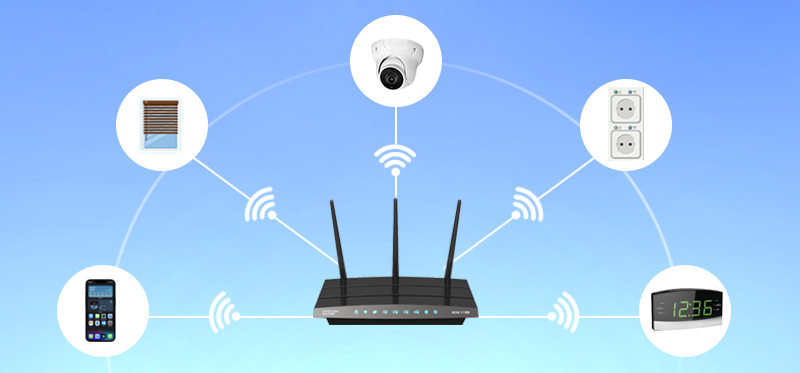Table of Contents
What is a gateway in a computer network? A gateway is an important device that helps different networks talk to each other, especially when they use different systems or protocols. It works like a bridge, making sure that data can travel smoothly from one network to another, whether it’s from your home network to the internet or between different parts of a company’s system.
In simple terms, a gateway allows your computer, smartphone, or any other device to communicate with other networks. Whether you’re sending an email, browsing the web, or talking to someone on the phone through the internet, the gateway ensures that the information gets to the right place. Without it, many of the things we do online wouldn’t be possible.
What is Gateway in Computer Network? Exploring the Basics

A gateway in a computer network plays a crucial role in connecting two networks that use different protocols. Simply put, a gateway acts as a bridge between different networks, ensuring that they can communicate with each other. For example, when you use the internet at home, your computer connects to the internet through a gateway that helps your data travel smoothly.
Gateways are not just routers but specialized devices that manage how data flows between two different types of networks. They help ensure that information sent from one network can be properly understood by another. Without a gateway, networks would be unable to communicate with each other, which could stop things like browsing websites, sending emails, or making calls through the internet.
How Does a Gateway Work in a Computer Network
When data moves between two networks, the gateway checks the data and makes sure it’s in the correct format to travel to its destination. The gateway’s job is to convert data from one protocol to another, allowing devices to communicate even if they use different systems. For example, if you’re browsing a website, your computer sends a request through a gateway that translates the information so it can reach the web server.
The gateway also checks if the data is correct by examining the destination address. Once it verifies everything, it sends the data packet to the correct network. This process happens quickly, allowing users to continue browsing the internet, sending emails, or playing online games with little delay.
Different Types of Gateways in Computer Networks

Gateways come in different types based on their use and how they function. There are two main types of gateways: unidirectional and bidirectional.
- Unidirectional Gateways: These can only send data in one direction. They are mainly used for archiving or data replication.
- Bidirectional Gateways: These allow data to flow in both directions, making them useful for tasks like synchronization between two networks.
Each type of gateway serves its specific purpose, ensuring that data is transmitted efficiently between networks.
The Role of a Gateway in Connecting Networks
The role of a gateway is vital in any network, as it ensures smooth communication between networks that use different protocols. For instance, your home network connects to the internet through a gateway, which allows your devices to send and receive data.
Without a gateway, there would be no way to bridge the gap between different types of networks. The gateway ensures that all the data sent across networks can be understood by both sides, whether it’s information from a local area network (LAN) or the global internet.
What is Gateway in Computer Network? A Look at its Key Functions

Gateways play a key role in modern computer networks. They help connect devices in different locations, ensuring communication is possible. Some of the main functions of a gateway include:
- Converting Data: Gateways change data formats to make sure networks using different protocols can understand each other.
- Filtering Data: A gateway can also filter out unwanted data, helping protect the network.
- Routing Traffic: Gateways help route data to the right destination across the network.
These functions make gateways essential for smooth and safe communication.
Conclusion
In conclusion, a gateway in a computer network is like a helpful guide that makes sure different networks can talk to each other. It helps your computer, phone, and other devices send and receive data easily, even if they are on different networks. Without a gateway, networks would be unable to share information, which could stop you from doing things like browsing the web or sending emails.
Gateways are also important for protecting your network. They act like security guards, keeping harmful data away and making sure only safe information gets through. Whether you’re at home, in school, or at work, gateways make sure your internet connection is smooth, safe, and reliable.
FAQs
Q: What is a gateway in a computer network?
A: A gateway connects different networks, helping them share data. It acts like a bridge between networks that use different systems.
Q: How does a gateway work?
A: A gateway checks and converts data so it can travel between networks, making sure it’s in the right format to be understood.
Q: What’s the difference between a gateway and a router?
A: A gateway connects different types of networks, while a router sends data between networks using the same protocol.
Q: Why are gateways important?
A: Gateways help networks communicate, keep your data safe, and ensure everything works smoothly when you browse the internet or use other services.
Q: Can a gateway protect my network?
A: Yes, gateways help protect your network by filtering out unwanted data and blocking harmful threats, keeping your information safe.

